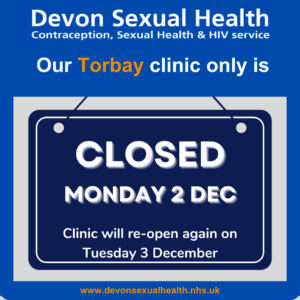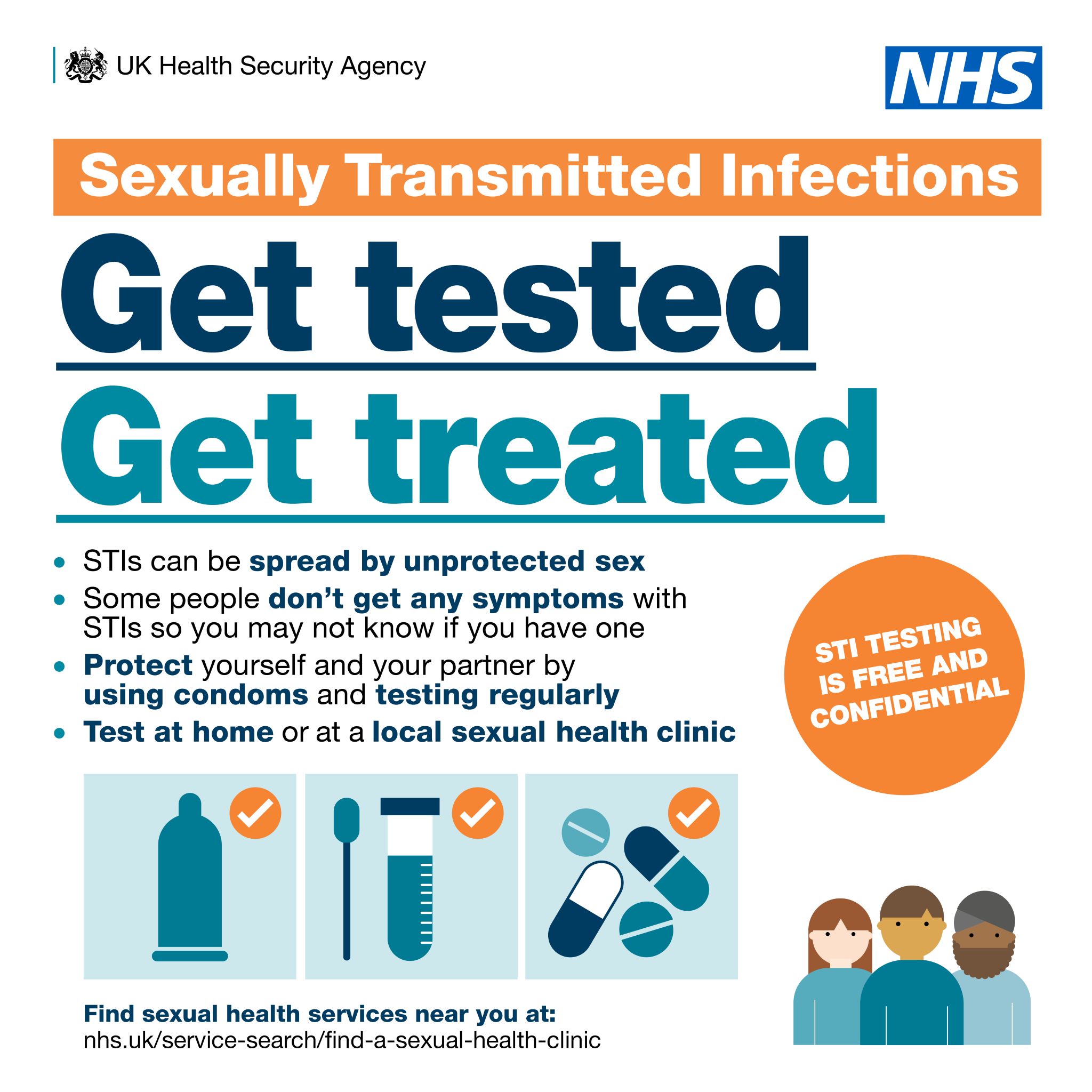HPV Vaccine for Boys. We answer your questions.
posted by: Don Leslie
It was recently announced that the NHS will expand the HPV vaccination programme to include all boys in school year 8 in England from September. The vaccine is already given to teenaged girls in the UK, aged 12 to 13 years. It is hoped that the vaccination, which has been so successful with reducing cancer rates in young women, will prevent 29,000 cancers in UK men over the next 40 years.
What is HPV?
Human Papilloma Virus (HPV) is the name for a group of common viruses that infect the skin and areas of your body such as the cervix, anus, mouth and throat. It’s very common and unless they’re immunised, most people will get an HPV infection at some point in their lives.
There are more than 100 different types of HPV, some of which can cause minor problems such as common skin warts or veruccas. Others, around 30 types, can affect the genital area. Genital HPV infections are really common and are also highly contagious. They are spread during sex and skin-to-skin contact of the genital areas. Some types of genital HPV can cause genital warts – which is currently the second most common sexually transmitted infection (STI) in England.
Does HPV cause cancer?
Some HPV variants can cause changes to cells that can sometimes lead to cancer. Almost all cases of cervical cancer are linked to the HPV virus. Some HPV types can also cause genital, anal and some types of head and neck cancer.
What does the vaccine do?
The vaccine, called Gardasil, prevents infection with the four main types of genital HPV. Two of these are the highest risk for genital cancer (HPV 16 and 18). The other two types (HPV 6 and 11) cause the majority of genital warts. It’s important to know that this vaccination will not prevent you catching other sexually transmitted infections.
Is the vaccine just for boys?
The vaccine was originally introduced for girls aged 12 – 13 in 2008 and because of the link between HPV and cervical cancer. Since then, studies have shown an 83% reduction in HPV amongst girls aged 15 – 19 and a reduction in pre-cancerous growths of 51%. The vaccine is delivered at school via two injections. From September in England, Wales and Northern Ireland this will be extended to include boys aged 12-13.
Men who have sex with men (MSM) are at a higher risk of HPV and of cancers linked to infection with HPV types 16 and 18, such as cancer of the anus, penis, mouth or throat. For this reason, men who have sex with men up to the age of 45 are entitled to free of charge HPV vaccination when they visit a sexual health clinic.
Are there any risks or side effects?
A few people may experience some short term side effects such as redness or swelling where the injection was given, mild fever or some dizziness. There are no documented long term side effects of the vaccine. The vaccine will not cause cancer (it helps to prevent it) and there is no evidence that it causes autism.
Is there anything else I should know?
At Devon Sexual Health we provide vaccination to MSM and to some of our HIV-positive patients. We do not provide vaccination for children recommended to receive the vaccine – this is provided via your school and school nurse.

Trending Now
- Taking ‘the pill’. A different approach to make this method work best for you
- Does contraception affect fertility?
- The “male contraceptive”
- Easter opening times for sexual health clinics
- Updated blood pressure readings if you are taking combined hormonal contraception
- Mpox vaccines are now available
- Does it hurt to have an IUC (coil) fitted?
- Using a moon cup? Read this if you also have a coil in place..
- Holiday romance? Advice, including where to get emergency contraception abroad.
- Weekly Young People walk-in clinics

Easter opening times for sexual health clinics
Please note all sexual health clinics will be closed from Friday 18 April to Monday 21 April, and will re-open […]

Mpox vaccines are now available
From Jan 2025, Devon Sexual Health will be working with the Royal Devon University Healthcare NHS Foundation Trust’s vaccination team […]

Torbay clinic will be closed on Monday 2 December
To facilitate the implementation of a new electronic patient record system (EPR), our Torbay clinic only will be closed on […]

Rise in HIV diagnoses steepest among heterosexual men and women
The latest HIV surveillance data for 2023, published by the UK Health Security Agency (UKHSA) today, show that the number […]
